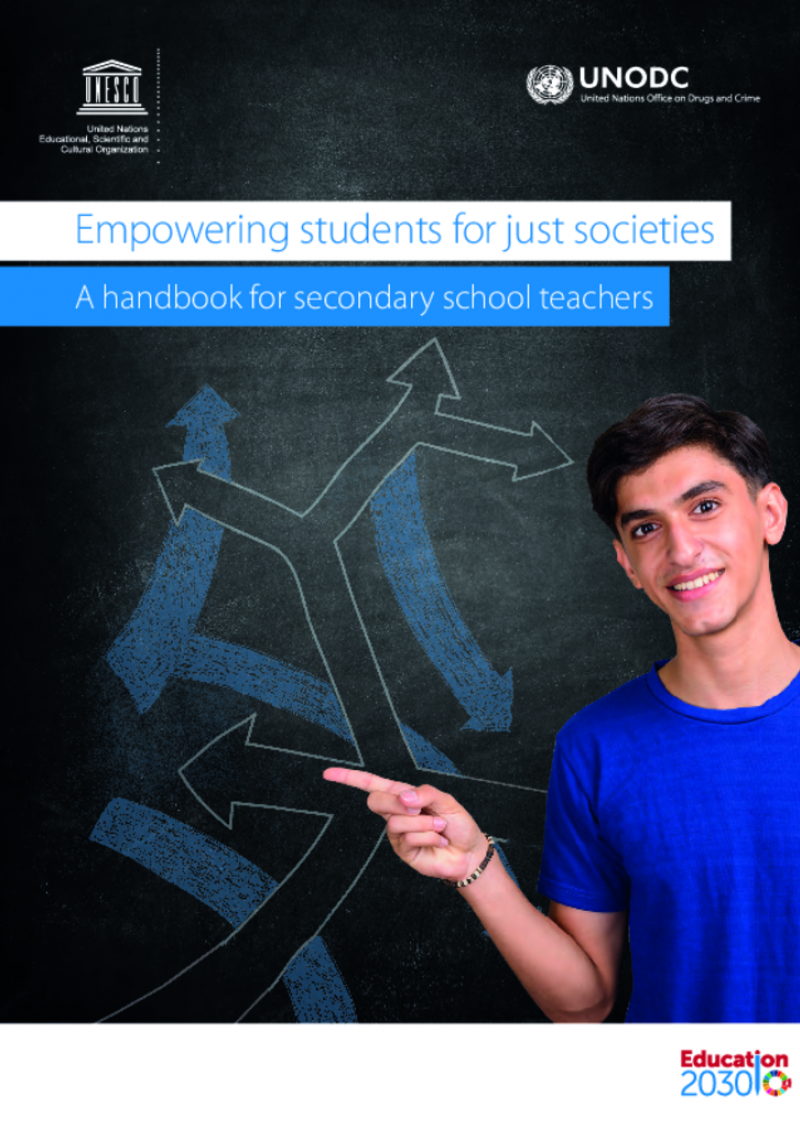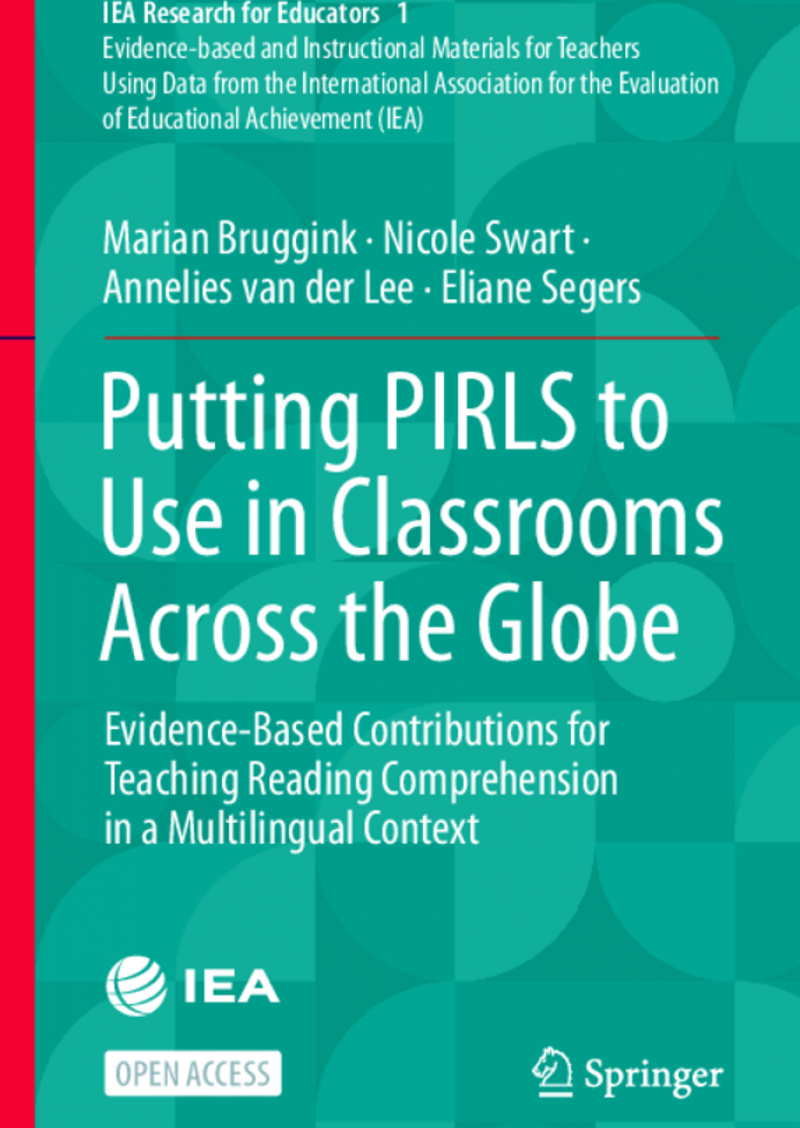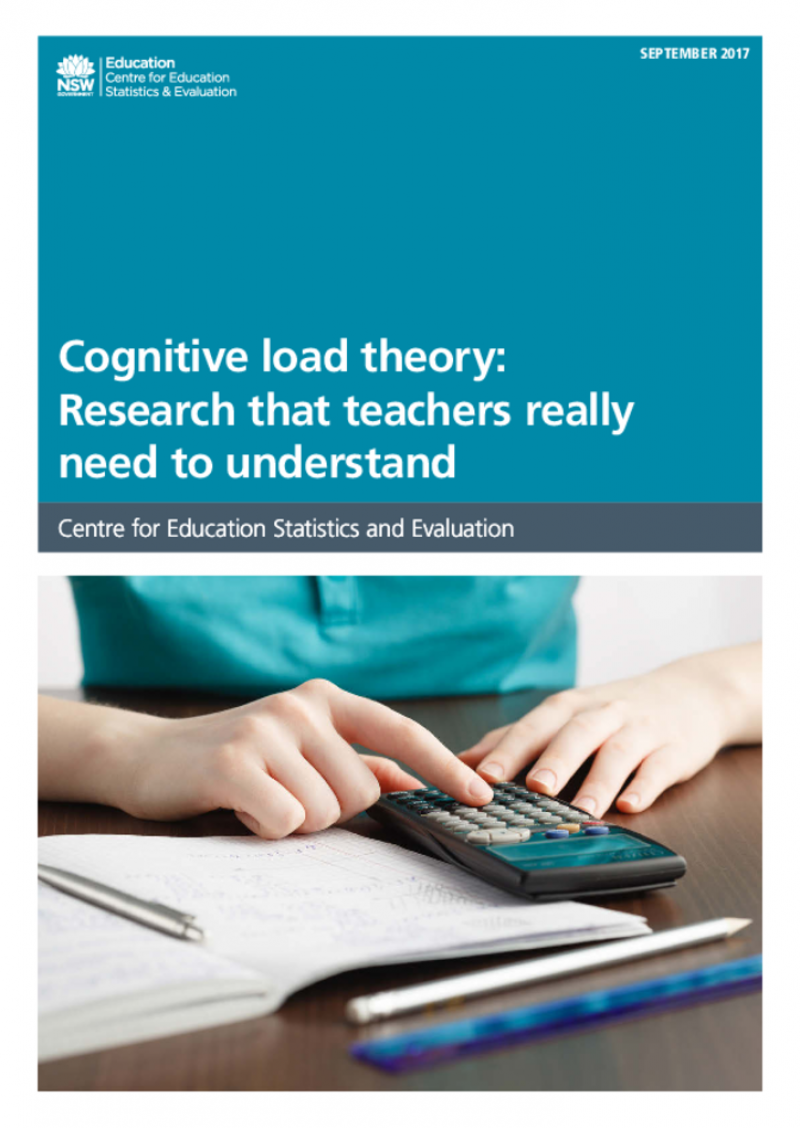Teacher Resource Centre
Welcome to the Teacher Resource Centre, the Teacher Task Force knowledge hub for teachers. The Teacher Resource Centre provides a single access point to resources directly related to teaching practices such as lesson plans, curriculum development guides, teacher training opportunities and the latest research on pedagogies.
It aims to support teachers, teacher educators, curriculum developers and practitioners in general, by giving them access to a curated repository of materials that will inspire and support them in their practice.
Quickly search through the resources
Or search in
Explore our latest resources
Teaching resources
Access materials to support your teaching, to be used in the classroom or to prepare your lessons.
Transformative pedagogy: a teachers’ guide for peace and resilience building in North Africa
This guide is designed to build the capacity of teachers so that they are informed and empowered in why and how to educate for peace-building. It offers an analysis of conflict, examines the role of ethics, expands on the elements of transformative pedagogy. It also provides practical tools to support learners’ active participation in shaping the world around them and assess learners’ understanding of peacebuilding concepts and skills, all while engaging the community.
Youth empowerment for peace and resilience building and prevention of violent extremism in Sahel and surrounding countries: a guide for teachers
This guide is designed to build the capacity of secondary school teachers and teacher educators to integrate a peace and resilience building approach in education for the prevention of violent extremism. It builds on the Transformative Pedagogy for Peace-building guide and it was contextualized to the context the Sahel and surrounding countries.
The guide redefines the role of teachers, inviting them to make a paradigm shift in adopting a transformative pedagogy that allows learners to actively participate in their own learning. Transformative pedagogy builds on active pedagogy and the competencies-based approach. The guide concludes with engaging learning activities to support experiential learning.
Transformative pedagogy for peace-building
This guide is designed to build the capacity of teachers so that they are informed and empowered in why and how to educate for peace-building. It offers an analysis of conflict, examines the role of ethics, expands on the elements of transformative pedagogy and provides practical tools to assess learners’ understanding of peacebuilding concepts and skills. It concludes with 20 engaging activities to support experiential learning.
The guide was developed as part of the "Teacher Training and Development for Peace-building in the Horn of Africa and Surrounding Countries project", which has as a long-term goal to develop a critical mass of teachers able to implement effective teaching and learning essential for preparing peace-loving and productive youth in Eritrea, Ethiopia, Kenya, Somalia, South Sudan and Uganda.
Empowering students for just societies: a handbook for secondary school teachers
The aim of this guide is to provide teachers with a selection of relevant and accessible in-classroom and out-of-classroom educational resources (summaries of short activities, lessons, units) that aim to instil the principles of the rule of law among secondary school students.
It can also be used by professionals working in non-formal education or engaging with young people, for example, in sports associations, community organizations, social work and the justice sector.
A guide for primary school teachers is available here.
Research materials
Learn about the latest research on teaching practices and pedagogies.
Teachers’ self-efficacy in preventing and intervening in school bullying: a systematic review
This article presents a systematic review of existing literature on the extent of teachers’ self-efficacy in managing bullying and its connection to the likelihood that teachers will intervene in bullying, to their intervention strategies, and the prevention measures they employ, as well as students’ bullying behavior and their experiences of victimization.
The study presents practical implications in relation to teacher initial education and professional development: teachers with higher self-efficacy tend to intervene more often in bullying situations, so it's important that teacher training programs are designed to support teacher's self-efficacy, through the use of appropriate methods, such as the use of role-play to practice specific professional behaviours.
Putting PIRLS to use in classrooms across the globe. Evidence-based contributions for teaching reading comprehension in a multilingual context
This book aims to bridge the gap between science and practice and help teachers transform the latest scientific insights regarding reading comprehension into didactic guidelines to use in everyday practice for all students. It consists of two parts: Part I, Reading Comprehension: From Research to Practical Teaching Guidelines, comprises three chapters and discusses the teaching of reading comprehension in general. In Part II, Teaching Reading Comprehension in a Multilingual Classroom, the focus is on multilingual students.
Cognitive load theory: Research that teachers really need to understand
To improve student performance, teachers need to understand the evidence base that informs and helps improve their practice. An area of research with significant implications for teaching practice is cognitive load theory.
This paper describes the research on cognitive load theory and what it means for more effective teaching practice. The first part of the paper explains how human brains learn according to cognitive load theory, and outlines the evidence base for the theory. The second part of the paper examines the implications of cognitive load theory for teaching practice, and describes some recommendations that are directly transferable to the classroom.
Professional development
Access resources and training opportunities to further develop your pedagogical knowledge and practice.
Chemistry teaching module (TPACK based)
This instructional module is designed to demonstrate the integration of instructional technology in teaching chemistry. Each unit of the module aims to show the ease of learning chemical concepts by integrating technology in the teaching process.
In order to be able to enroll users will first need to create an account here.
History teaching module (TPACK based)
The use of TPACK in the teaching of history is a commitment to facilitating a better understanding of the subject. The goal is to provide history teachers at the Junior Secondary School level with technology-driven multimedia teaching/learning resources and ideas for their classrooms. It is also a useful tool to get students excited about history. The innovation will combine technology with teaching, and curriculum content. It is a great blend of principle and practice.
In order to be able to enroll users will first need to create an account here.
Mathematics teaching module (TPACK based)
These modules are sample lessons to enable you as a teacher, plan, implement and assess ICT-based mathematics lessons.
In order to be able to enroll users will first need to create an account here.
Instructional design for teachers (TPACK based)
Instructional design is the creation of learning experiences and materials in a manner that results in the acquisition and application of knowledge and skills. The discipline follows a system of assessing needs, designing a process, developing materials and evaluating their effectiveness.
In order to be able to enroll users will first need to create an account here.
Upcoming training opportunities
How to design an electronic lesson in 24 hours
Learning design for smart learning.
Defines the general landscape of instructional design in smart education.
Understand the five steps of lesson planning in Smart Learning.
Explains the requirements for designing a session in smart learning.
Design a smart learning session using Google Classroom.
Social and emotional learning for schools
This is a dual certifying course that combines social and emotional learning (SEL) for classrooms and SEL for teachers. The objective of the certification is to enhance personal well-being and build the professional capacity of teachers for SEL.
How to become a remote teacher in 24 hours
Recognize e-learning technology.
Identify the main components of e-learning.
Identify tools for managing the educational process in e-learning.
Uses the tools of the educational process: Moodle Cloud.
Online Learning Design for Educators Specialization
Specialization offering three courses for educators seeking to improve and expand their repertoire of online teaching skills related to the design, development and delivery of effective and engaging online courses and lessons for school age and adult learners. It includes three courses: "Online education: The foundations of online teaching", "Create video, audio and infographics for online learning", "Online teaching: Using Zoom to connect with learners". It is possible to audit the courses for free.
Other Resource Centres
The number of partners offering resources for teachers across the world is increasing and it is not always easy to find your way around existing platforms. Access here a list of platforms curated by the TTF team, with a description of the types of contents and languages available. The list includes platforms from TTF members and beyond.






